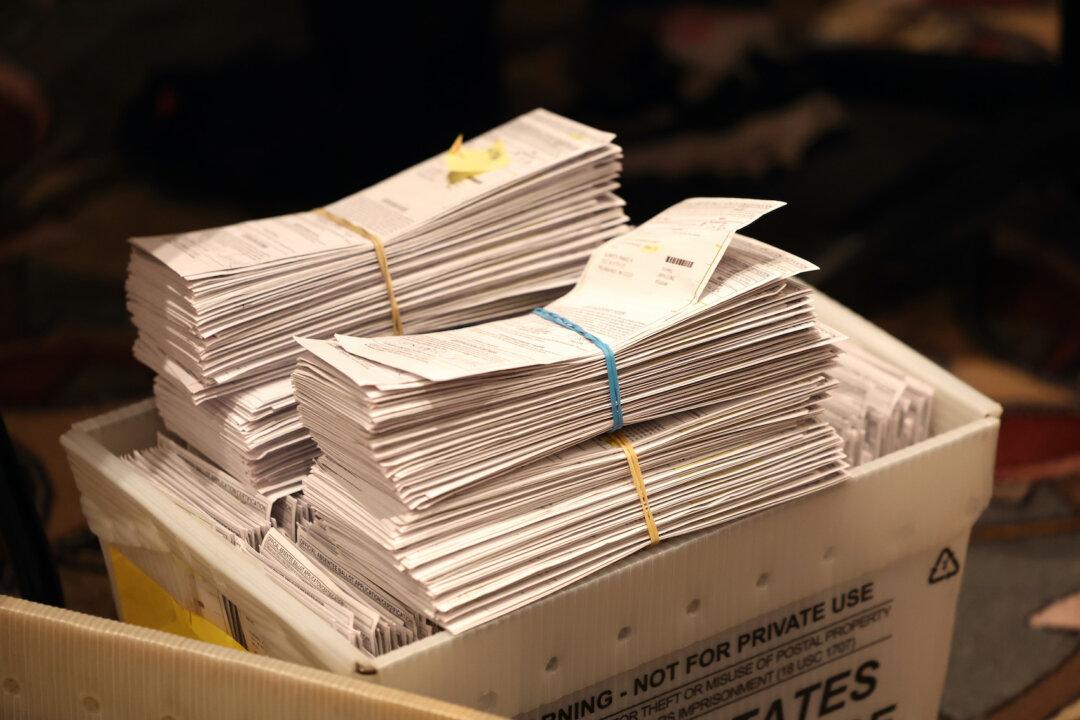A Wisconsin judge has refused to put on hold his ruling that will allow voters with “print disabilities” to receive electronic ballots in emails this November.
The Wisconsin Legislature asked the judge to not enforce his ruling while an appeal is pending. But Dane County Circuit Judge Everett Mitchell on Aug. 1 rejected the request.





